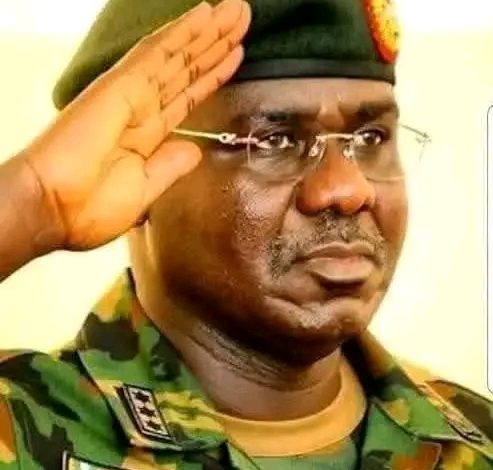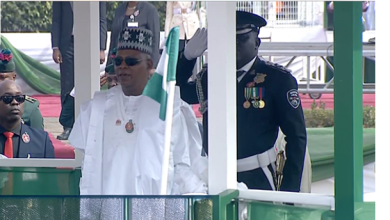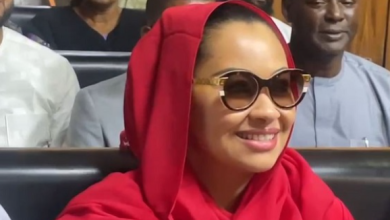Buratai warns Wike’s conduct endangers national security

Former Chief of Army Staff, Lt. Gen. Tukur Yusuf Buratai (rtd), has issued a stern warning over the recent altercation involving the Minister of the Federal Capital Territory (FCT), Nyesom Wike, and a naval officer, describing the minister’s actions as a serious threat to national security and military discipline.
In a statement released on Tuesday, Buratai condemned what he termed a “public disparagement” of a uniformed member of the Nigerian Armed Forces, stressing that such conduct “transcends mere misconduct” and undermines the country’s command and control structure.
“A minister’s verbal assault on a military officer in uniform is an act of profound indiscipline that strikes at the core of our nation’s command system.
“It disrespects the authority of the Commander-in-Chief and gravely injures the morale of our men and women in service, ” he said.
The former army chief cautioned that Wike’s actions could not be dismissed as “political theatre,” describing them instead as a reckless endangerment of national order.
He argued that the episode suggested a deliberate attempt to undermine the federal government’s authority and the institutional hierarchy of the armed forces.
Calling for accountability, Buratai urged Wike to issue an immediate and unreserved public apology to President Bola Ahmed Tinubu, the Armed Forces of Nigeria, and Lieutenant A.M. Yerima, the naval officer at the center of the controversy.
“Our national security must come first.
“It is time for decisive action, not politics of military bashing.
”The integrity of our Armed Forces demands nothing less, ” he said.
The statement followed a viral incident on November 11, 2025, when naval officer Lt. Yerima was seen confronting police officers and FCT officials during an attempted demolition of property allegedly belonging to former Chief of Naval Staff, Vice Admiral Awwal Zubairu Gambo (rtd).
The confrontation, which drew widespread attention, has sparked intense debate over the boundaries between civilian authority and military respect, with Buratai’s intervention adding new weight to calls for restraint and institutional respect in governance.



